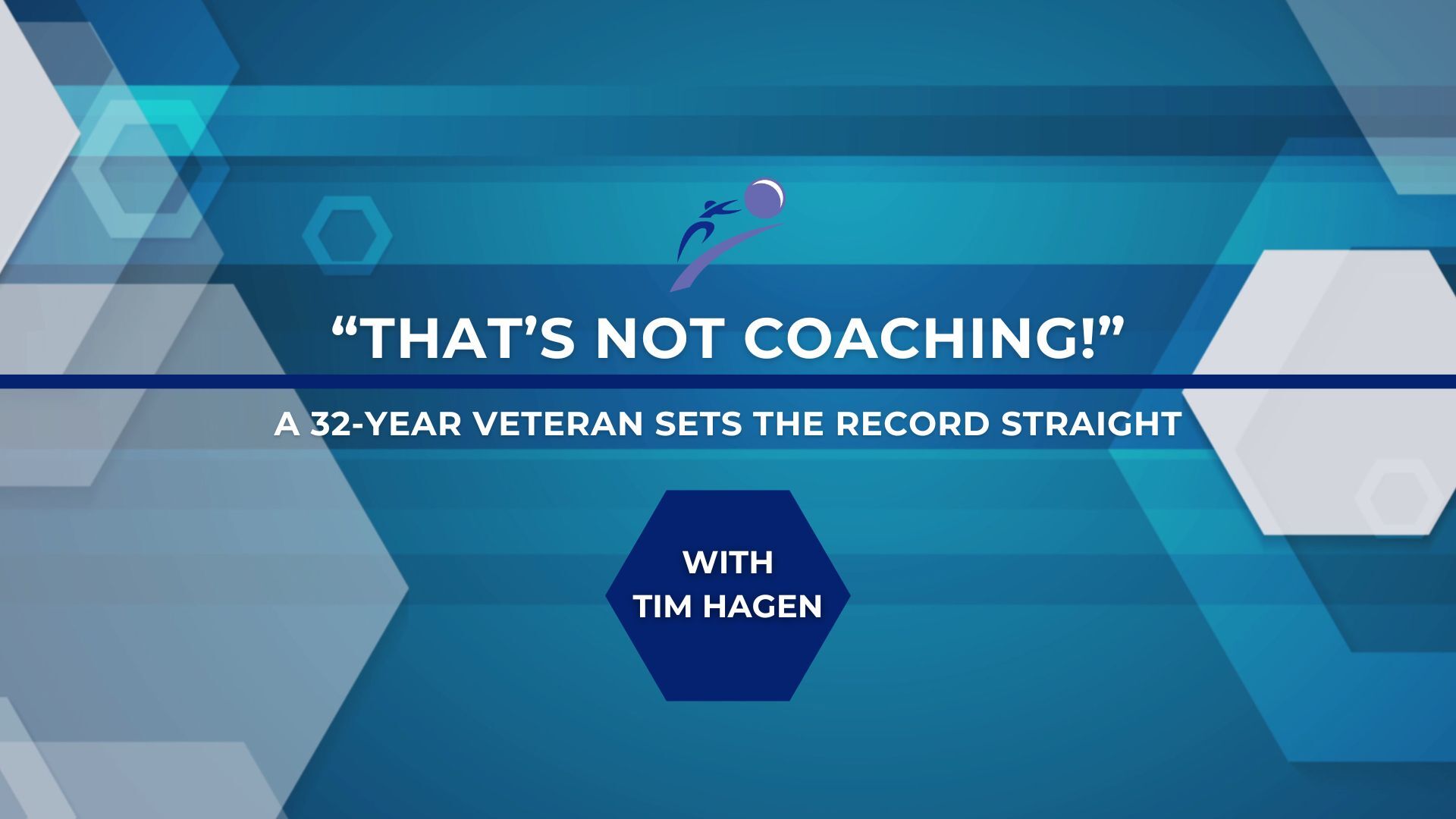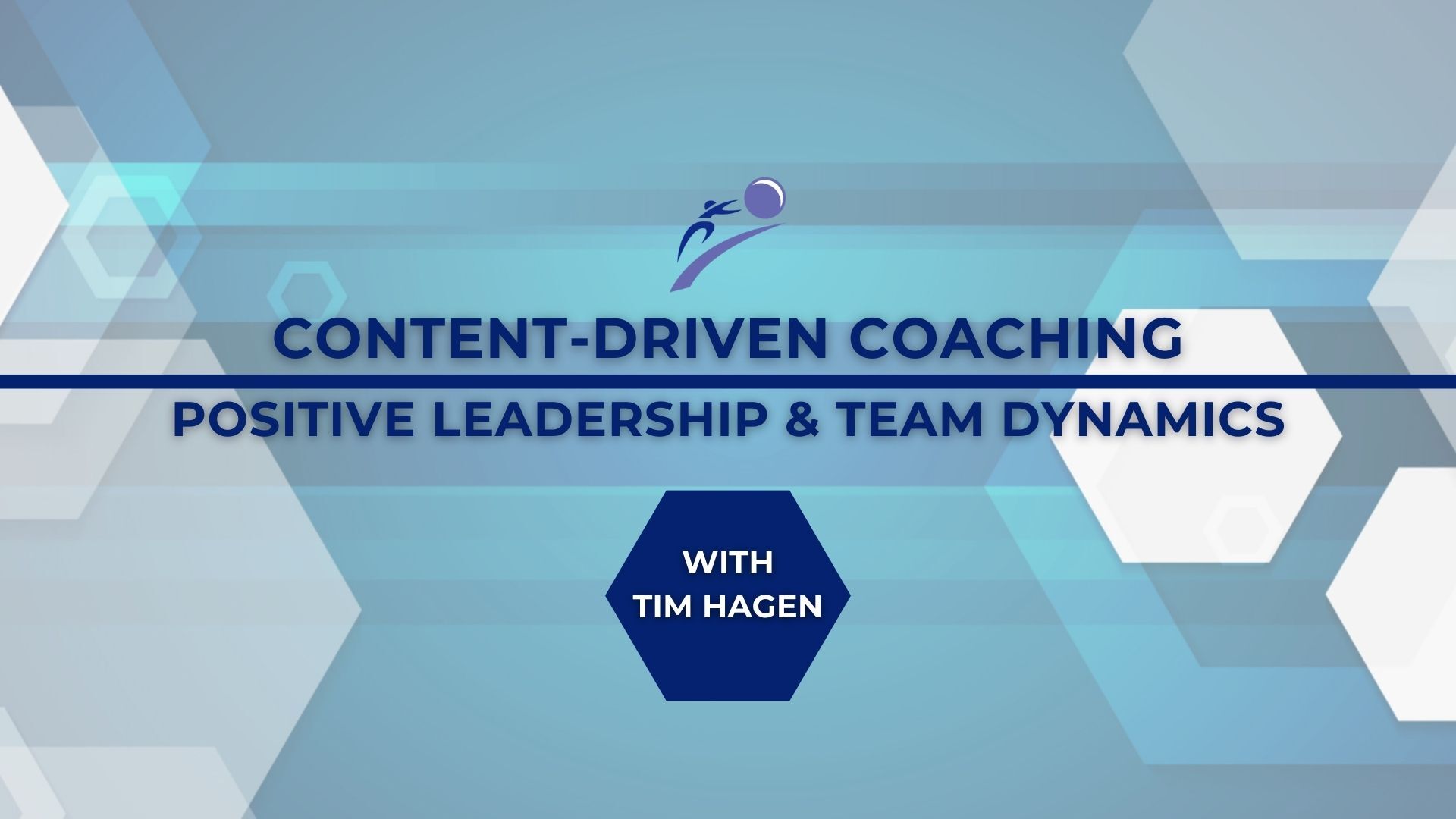Many leaders continue to struggle with the thought of having coaching or even conversations virtually. The challenge is we must change our mindset their coaching is not something that is geographic quite frankly coaching virtually at times can have tremendous advantages. Virtual work is NOT the cause of fatigue, rather how we handle working virtually is our opportunity to fight fatigue.
I was speaking with one of our clients that we directly coach, and she was sharing how much she hears the word fatigue and words speaking to a lack of motivation. As we were talking, she had shared her company was in a hybrid world and we both started to do some interesting math together. We started to add up the time savings associated with being in a hybrid world and here is what we produced:
- Three days a week typically equals about four hours of no driving time.
- We estimated a savings of about 2.5 hours a week of just bumping into people and having idle social conversation. I know this is valuable but just bear with me as we go through this.
- We estimated about one hour a week savings time associated by not being able to have impromptu meetings
- In total we estimated about six hours a week or 24 hours monthly of actual time savings associated with their hybrid world.
We both embarked on a mission to ascertain if people even understood that this was occurring as well as if they did understand what they were doing to reinvest those time savings. The fatigue can certainly come from a variety of sources such as the following:
- Not interacting with teammates or connecting in person.
- People not reinvesting that time and staying in the moment thinking and feeling that fatigue as weird as that sounds people must realize if tired, they must do the opposite regarding an action that will energize them, and the same principle applies to fatigue.
- People have become very short-term thinkers specific to themselves such as how they are feeling or the impact of this new world and how it has affected them. Working in your home certainly has its advantages but you can also mentally feel like you never get away so then the opportunity to alter this is to get away.
Here are five suggestions leaders can implement even in a virtual world to energize and fight the effects of fatigue:
- Start and end every meeting with a motivational video that has powerful music and a message that inspires and motivates.
- Illustrate current elements of change in the organization and how it is created success further fueling people's minds that change is a good thing.
- At the start of meetings ask people to share successes.
- During meetings ask people to share positive observations of teammates that were helpful and went above the call of duty. [people talking about one another positively seems small yet it creates multiple momentum streams.
- As crazy as this going to sound use the concept of motion creates emotion and get people moving during your meetings such as dancing or clapping or taking a 10-minute break and everybody takes a brisk walk.
Now I know the cynics out there will look at some of these suggestions and say they are corny or weird or they would not be comfortable and that is OK my question remains the same what you are going to do as a successful leader to help people fight the effects of fatigue?




